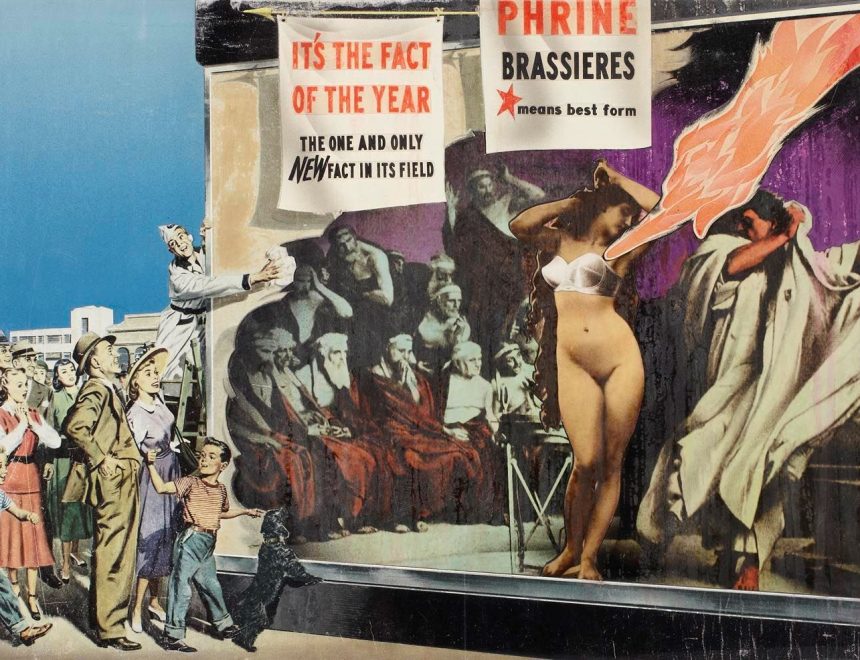Josep Renau: making operational art. Designing the future
Josep Renau (Valencia, 1907 – Berlin, 1982) is considered one of the most prominent figures of the avant-garde in Spain. Having introduced the political photomontage in our country, Renau was also a poster artist, muralist, editor, agitator and theorist of the arts. His early activism in the Communist Party led him, until the end of his life, to promote a conception of art at the service of revolution and social change.
Between September 1936 and April 1938, during the Spanish Civil War, Renau was appointed general director of Fine Arts of the Government of the Republic, a position from which he promoted the evacuation of the Artistic Treasure of Madrid, as well as the implementation of the Spanish Pavilion at the 1937 International Fair in Paris, a propaganda event in favour of the republican cause in which Pablo Picasso presented his work Guernica.
The exhibit presents a review of his long and complex artistic career through a selection of more than one hundred and fifty works including posters, magazines, documents and photomontages made by Renau during his republican period, during his long exile in Mexico (1939-1958). and in the former German Democratic Republic (1958-1982). It is structured in four sections: The years of the 2nd Republic; Exile in Mexico; The American Way of Life Series: Renau in the German Democratic Republic (GDR).
The works that make up this exhibit come entirely from the museum’s collection and the Josep Renau Foundation, an institution that deposited the artist’s library, archive and personal collection at the IVAM in 1989. The exhibit has previously been presented at the Patio Herreriano Museum in Valladolid.




